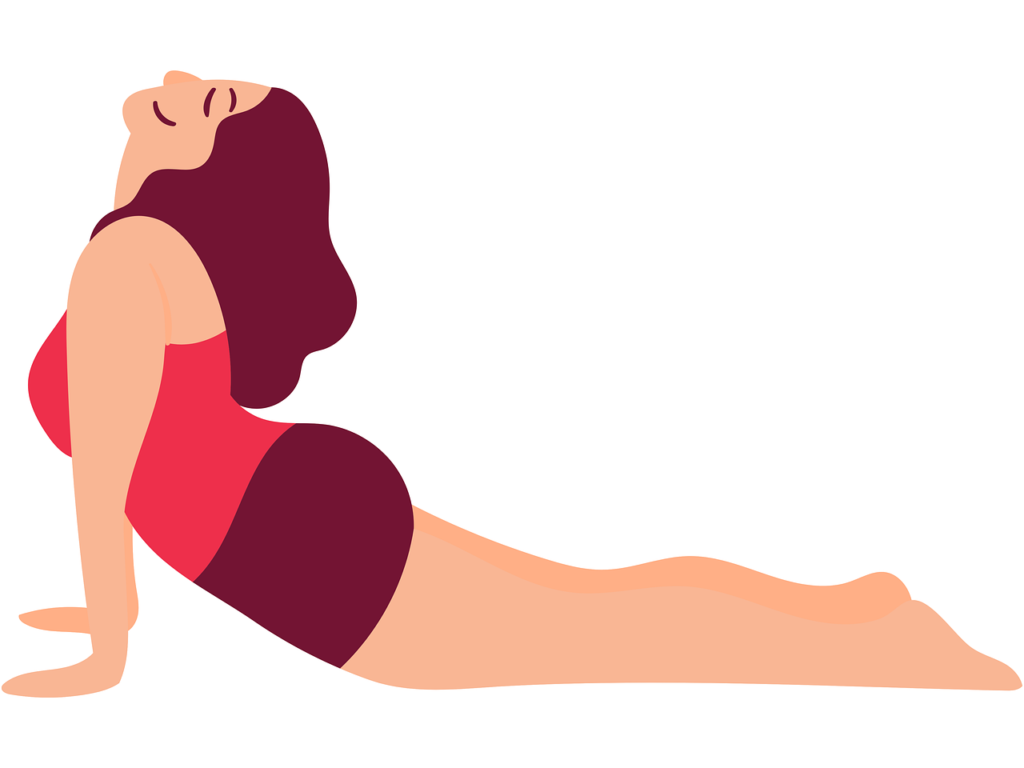
Walking: A Timeless Medicine
Walking is the easiest and simplest exercise. Through this, persons of all ages can keep themselves fit and healthy throughout their lives. Benefits of walking daily are numerous. Hippocrates, the ancient Greek physician, known as the father of Western medicine, is credited with the saying, “Walking is man’s best medicine.”
Why the Benefits of Walking Outshine Other Aerobic Exercises:
Among all other forms of aerobic exercise, like jogging, swimming, dancing, etc., walking is the best mode of exercise. Though jogging is a good aerobic form of exercise, one cannot make it a companion throughout his life. At certain points of life, joints, ligaments, and muscles may be at greater risk for injury. Therefore, for people of all ages, walking is the best form of aerobic exercise, which is always safe and injury-free. Various benefits of walking have made it a popular choice for people of all ages.
What World Health Organization (WHO) says about Health Benefits of Walking and Physical Activity:
- Regular physical activity provides significant physical and mental health benefits.
- In adults, physical activity contributes to prevention and management of noncommunicable diseases such as cardiovascular diseases, cancer and diabetes and reduces symptoms of depression and anxiety, enhances brain health, and can improve overall well-being.
- In children and adolescents, physical activity promotes bone health, encourages healthy growth and development of muscle, and improves motor and cognitive development.
- 31% of adults and 80% of adolescents do not meet the recommended levels of physical activity.
- The global target set to reduce levels of physical inactivity in adults and adolescents is a 10% relative reduction by 2025 and 15% by 2030, from the 2010 baseline.
- The global estimate of the cost of physical inactivity to public health care systems between 2020 and 2030 is about US$ 300 billion (approximately US$ 27 billion per year) if levels of physical inactivity are not reduced.
Benefits of walking
- Walking for weight management: To begin with, walking helps to reduce weight and fats. It helps to burn calories and thereby help to maintain or lose weight.
- Walking for boosting immunity: Most importantly, immunity is enhanced with regular walking. It helps the body to fight against illness.
- Walking for cardiovascular health: Among the most vital benefits of walking is improved heart health. Regular walking can increase the level of good cholesterol in the body, reducing the risk of a heart attack. Brisk walking can help the muscles to take oxygen sufficiently and the heart can provide enough blood to the muscles. Therefore, aerobic exercise like walking is very much effective for the cardiovascular system. American Heart Association reports that walking at 2 miles per hour (mph) for one hour, a person of 45 kg burns 160 calories/hour; a person of 68 kg burns 240 calories/hour; a person of 91 kg burns 312 calories per hour.
- Walking for healthy joints and muscles: Besides, regular walking is of great help for joints and muscles of the body. This exercise helps to circulate synovial fluid. Moreover, it keeps joints cushioned and reduces stiffness in joints. It also strengthens bones and reduces the risk of osteoporosis. Walking keeps muscles flexible and prevents tightness.
Some More Benefits of Walking
- Walking to Regulate blood sugar: Benefits of walking also include its ability to control diabetes. It can also prevent insulin resistance.
- Walking to Promote healthy digestion: Moreover, this habit helps to improve the functioning of the digestive system. Walking after a meal helps food to move through the stomach and intestine smoothly. Also, a regular practice can prevent constipation by stimulating peristalsis (the wave-like contractions of the intestines), ensuring regular bowel movements.
- Walking to Support gut microbiome: Among other significant benefits of walking is its positive effect on gut health. It happens because it reduces stress and inflammation. Thus, it impacts the digestive system positively.
- Walking to Improve mental health: Walking releases Endorphin (a hormone that your body produces to eliminate pain and make you feel happy). This hormone improves mood and lowers the stress level. Additionally, it also improves memory and concentration and does not let your cognitive function decline easily.
How to walk correctly
- Take natural strides, not too long, not too short.
- Swing your arms naturally, bending at the elbow.
- Land on the heel of your feet and roll through the foot to push off with your toes.
- Keep your head up, look forward, not at the ground.
- Relax your shoulders, do not hunch.
- For general fitness: Moderate pace: (you can talk, but not sing)
- For Cardiovascular benefit: Brisk pace, (Breathing is faster than normal, but controlled)
- Wear comfortable shoes with cushions in them.
- Always try to walk on an even surface to avoid injury and on a straight path.
- Stay hydrated, drink water before and after walking.
Walk with a rhythm, it will have a positive effect in your mind.

Best time for walking exercise
Morning Walks
To walk in the morning is the best practice. It keeps your mind and body fresh throughout the day. It is even more beneficial if you walk before sunrise. You can walk in a group, but for that, all the members should have the same mindset. It is better to walk alone.
Evening Walks
Walking in the evening relieves the stress of the body that we gather during our busy schedule. Specially, it helps us to lower the anxiety and mental tension and helps to develop a positive outlook. Besides, it helps to have sound sleep at night. As a result, our muscles get enough rest.
Walking and Music
Interestingly listening to music while walking may be a kind of motivational tool. Nobody can ignore the healing power of music. It is one of the important aspects of medical science. With the help of music, we can minimize the tension and anxiety of the mind. Additionally, listening to music can boost blood circulation and energy level. Soft music lowers cortisol (stress hormone) level. Rhythmic beats help synchronize movement, making walking more efficient.
But remember, Do not forget where you are going. If you are adding music to walking, do not forget that you are walking.
Conclusion
In summary, this simple, yet powerful exercise, can benefit us from various sides. It is one of the simplest ways through which we can remain away from various health related issues and problems. Thereby, it helps to maintain an active and healthy lifestyle. “Make walking a part of your life to live a better and healthier life.”


